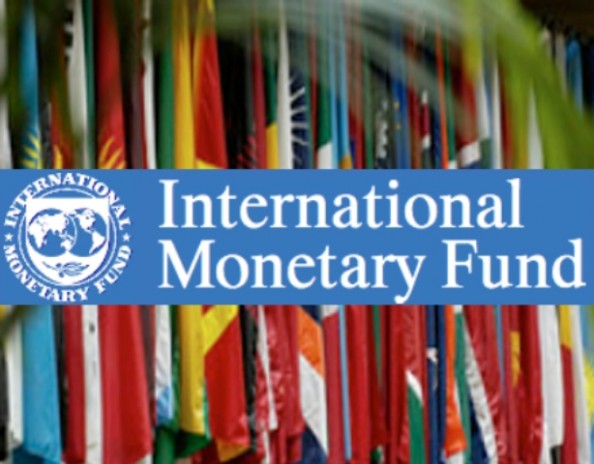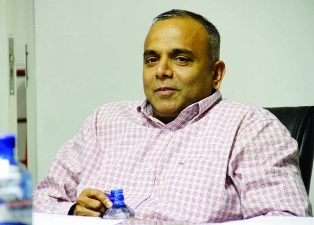
HARARE – Zimbabwe’s economy remains fragile and the government should undertake comprehensive reforms, including reducing the public sector wage bill and mobilising revenues from diamond mining, the Internatonal Monetary Fund said on Monday.
The southern African country has since last year been on an IMF monitoring programme aimed at helping it clear $10 billion in external debts, which would give it access to much-needed international credit.
“Executive Directors noted Zimbabwe’s fragile economic situation characterized by a growth slowdown, a large external deficit, and low international reserves,” the IMF said in a statement following a visit to Zimbabwe early this month.
The IMF projected economic growth this year of 3.1%, lower than the government’s forecast of 6.1 percent, on the back of large mining companies reaching full production capacity.
But Zimbabwe only had external reserves covering less than two weeks of imports and required strong macroeconomic and financial policies, an enabling business environment, and normalized relations with creditors, the IMF said.
President Robert Mugabe, Zimbabwe’s sole ruler since the former Rhodesia gained independence from Britain in 1980, is under Western sanctions. Re-elected in a disputed vote last year and now 90, he denies human rights abuses and election fraud and blames former colonial power Britain for smearing his name.
But the IMF’s return last year to monitoring Zimbabwe’s economy was a sign of reduced international isolation, and there has also been a thaw in relations with the European Union.
The IMF welcomed Zimbabwe’s commitment to the monitoring programme and stressed that “achieving sustainable and inclusive growth requires determined and comprehensive reforms.”
- Chamisa under fire over US$120K donation
- Mavhunga puts DeMbare into Chibuku quarterfinals
- Pension funds bet on Cabora Bassa oilfields
- Councils defy govt fire tender directive
Keep Reading
Finance Minister Patrick Chinamasa said in March Zimbabwe was not prepared to slash its public sector wage bill because it would involve too many job cuts.
More than 70% of the country’s revenue goes to paying government employees, leaving little money to rebuild crumbling public infrastructure such as roads, schools and hospitals.
Zimbabwe’s economy is flatlining after averaging double digit growth between 2009-2012. Dozens of companies have shut down since January due to low demand, lack of capital and high interest rates as well as electricity shortages.
The IMF also said Zimbabwe should be vigilant in monitoring weak banks. Some local banks are struggling to stay above water as loan defaults mount in the wake of indiscriminate lending and a currency crunch that has forced some institutions to close and others to scramble for foreign funding.










